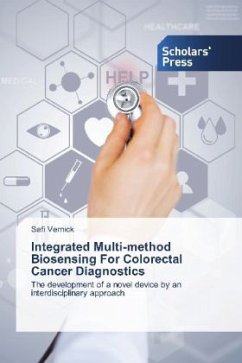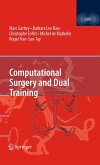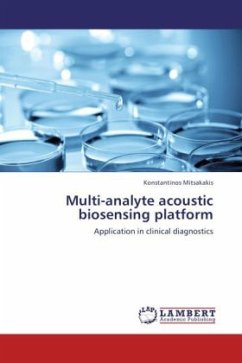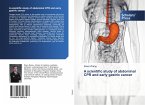While efforts put in the development of clinical biosensors are continuously increasing, the prevalence and mortality rates from cancer keeps on rising. Colon cancer, a leading cause of cancer-related deaths, is treatable if diagnosed early and therefore the development of an efficient biosensor, enabling early detection, is desirable. This research proposed, designed and demonstrated feasibility of a biosensing system comprised of a combination of bio-electrochemical and bio-electromechanical assays integrated into an analytical system performing complementary diagnostic tests directly on colorectal cancer biopsy and cell samples. The data collected by the system provided valuable information regarding the expression of intracellular, membrane bound and secreted biomarkers. The combination of innovative electrochemical approaches complemented by a novel bio-MEMS device yielded a multiple biomarker unique expression pattern. This system may operate in almost any clinical setting,is relatively cheap to manufacture and provides a comprehensive picture of the patients status. These virtues will hopefully help in translating this research into the clinical arena.
Bitte wählen Sie Ihr Anliegen aus.
Rechnungen
Retourenschein anfordern
Bestellstatus
Storno








